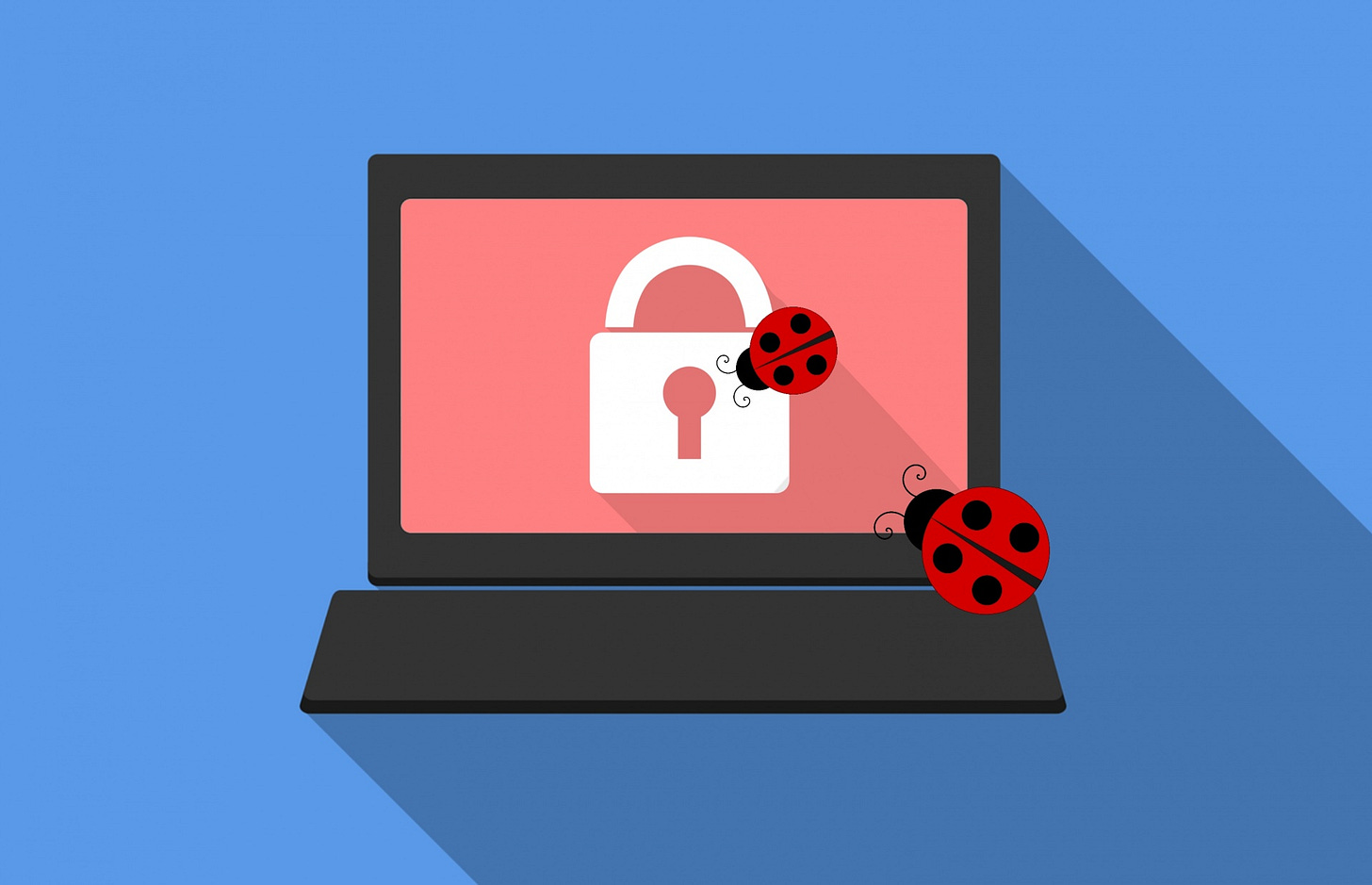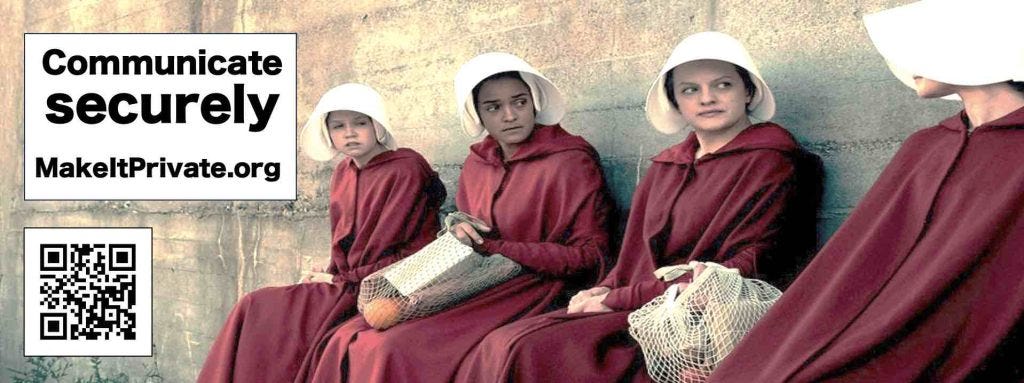In light of Elon Musk’s attempts to access sensitive records in the Department of Treasury, let’s take a moment to consider steps to improve the security of our data. Deepak Puri worked in cybersecurity before founding Democracy Labs, which offers free tools and pro bono services for pro-democracy groups. Deepak advises that all of us, particularly activists, need to be more conscious of the data and information we make available online.
Women in Texas of child-bearing age aren’t the only ones who should be concerned about revealing their medical status or location. As we recently saw in Nebraska, where abortion is illegal, law enforcement sent a warrant to Facebook requiring the company to release private messages between a mother and daughter. The case shows that records of online communication are subject to warrants and can be used to establish criminal intent. Take care; do not trust that “private messages” will stay private.
Scramble to remove content online?
If your group has a public-facing website or Facebook page, Deepak says, it is probably too late to remove content. The “Wayback Machine” archives internet content and keeps records. Instead, focus on the future. Stick to the timeworn advice of not typing anything you wouldn’t want to see on the front page of the New York Times, not even with your thumbs.
Move to an encrypted email and text service?
Some group leaders are moving to apps like Signal for sending texts and making calls. Signal, an independent nonprofit, offers phone calls and texting with no ads or tracking. Calls and messages are encrypted for free. For collaboration and communication to function, everyone has to be using the same app. Can you get your people on board? Will a group tutorial help?
Individuals can also establish separate email accounts for politically sensitive communications. Choose an email service with encryption. Check out Proton, an encrypted email service based in Switzerland, for example.
Who’s In? More Vetting Needed?
The larger the group, the greater the possibility sensitive information could be shared or made public in ways that aren’t comfortable for group members. How will you vet or verify the identity of people joining your work group?
In the article “Building ‘Idaho Women for Biden/Harris’” a group founder explained why they made their Facebook group private. For each new member, a veteran searches the internet and often follows up with a phone call to see if the person who wants to join is a good fit. Red flags could include past social media posts espousing certain views or a history of donating to certain groups.
An easy point of entry for encryption
DemLabs has a new free service — Makeitprivate.org. On the site, modest amounts of content can be uploaded, encrypted, and then accessed through a QR code. The content author gives collaborators a password.
You can use MakeItPrivate on your phone or laptop to encrypt and decrypt your messages. To make it as easy as possible, the DemLabs team has designed the tool to be used offline. Read more here.
Just a note: Be aware that if you post encrypted content in a public place (on a public-facing Facebook page, for example), you are signaling that the content is sensitive and this might invite attention and efforts by hackers to reveal the content.
Is it really sensitive? Just take it offline
Are you working on documents with sensitive content such as names, addresses, plans or strategies? Work offline and share documents with a thumb drive.
Follow Deepak Puri’s work on Substack where he recently posted: Protect Your Privacy: 16 Tips to Shield Yourself From Online Tracking & Abortion Bounty Hunters
Martha Merson, K.M. Peterson, and Deepak Puri contributed to this article.
We welcome your comments. Add any ideas your group has used to increase security so we can all learn.





Everyone, a coup happened yesterday.
Please read Heather Cox Richardson's post from yesterday and CALL your Congress People with this script:
https://open.substack.com/pub/freedomwritersinc/p/freedom-writers-this-is-an-emergency?r=n3mpq&utm_campaign=post&utm_medium=web&showWelcomeOnShare=true
I have begun commenting on The White House Facebook page. Lots of people are making really nasty comments. For example on the post about Trump's tariffs yesterday one typical comment was "This is the dumbest, most pointless shit ever. Just a tax on us." Is it dangerous to make such comments on that page? I feel the need to do some act of resistance every single day, and this is one small way to do it. Is that a mistake?